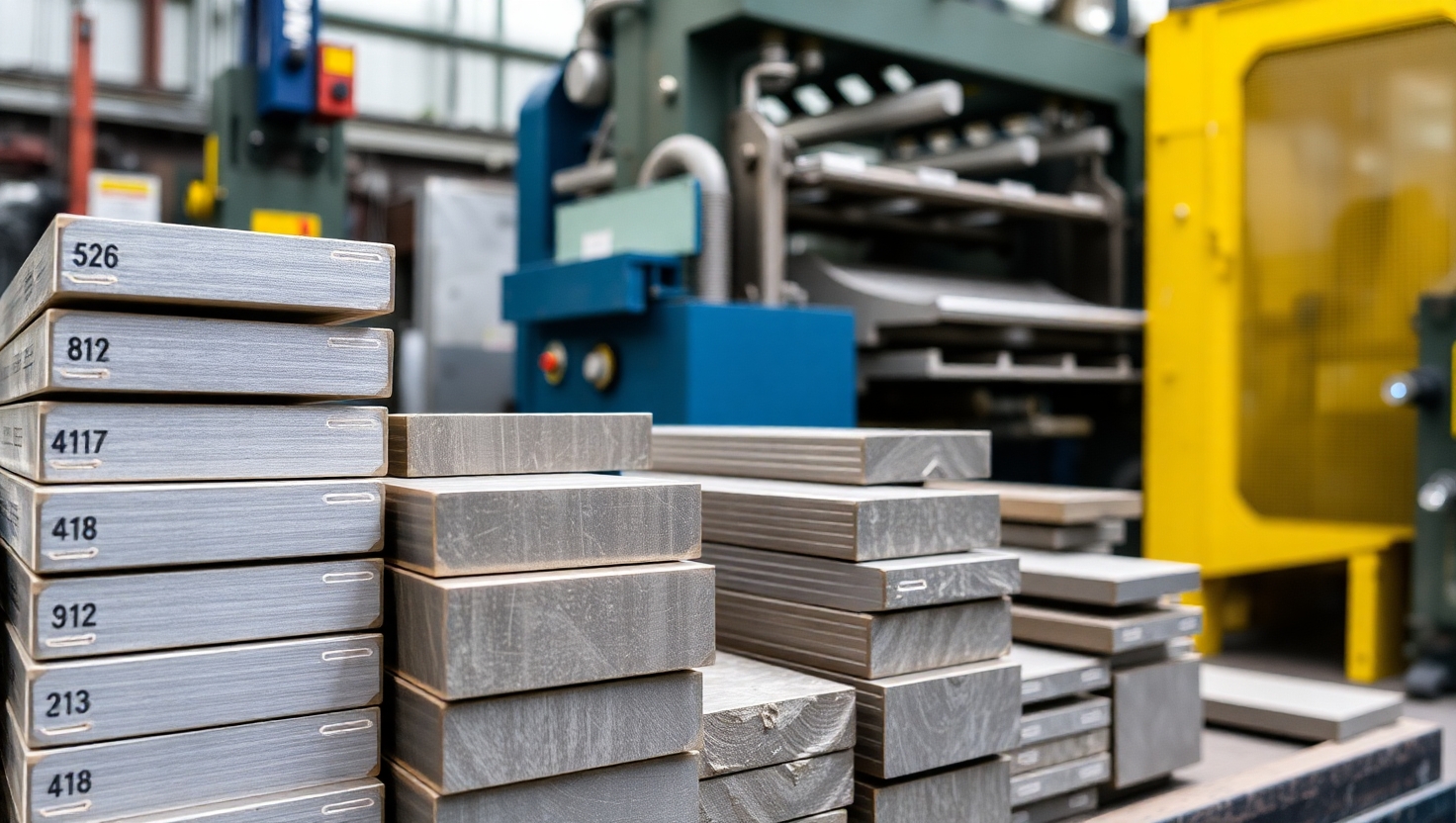The Impact of Alloy Selection on Aluminium Extrusion Performance and Pricing
Published by: ALUTimes | Date: July 15, 2025
Table of Contents
- Introduction
- Main Alloy Categories Used in Extrusion
- How Alloy Choice Affects Extrusion
- Cost Factors Involving Alloy Selection
- Common Alloy Comparisons
- Applications by Alloy
- Expert Tip
- Conclusion
- Disclaimer
Introduction
Choosing the right aluminium alloy is one of the most important decisions in the extrusion process. Alloy selection impacts extrusion speed, strength, surface finish, corrosion resistance, machinability, and cost. Whether you’re a manufacturer, product designer, or buyer, understanding how alloys behave under extrusion is essential to achieving optimal results.
Main Alloy Categories Used in Extrusion
6000 Series Alloys (e.g., 6061, 6063)
- Widely used due to excellent corrosion resistance and workability
- Good strength-to-weight ratio
- Heat treatable
1000 Series (Pure Aluminium)
- High corrosion resistance
- Low strength, mainly used for decorative applications
7000 Series (High-Strength Alloys)
- Very high strength but more difficult to extrude
- Used in aerospace and structural applications
How Alloy Choice Affects Extrusion
- Extrusion Speed: Softer alloys like 6063 extrude faster than high-strength 7075.
- Die Wear: Harder alloys reduce die life and increase maintenance costs.
- Surface Finish: 6063 provides a smoother finish than 6061.
- Strength & End Use: Choose 6061 or 7000 series for load-bearing applications.
Cost Factors Involving Alloy Selection
The cost of extrusion is not just about raw material prices but includes die life, speed, surface treatment, and post-processing needs. 6063, for example, may be more cost-effective for architectural applications because of its excellent surface quality and ease of anodizing.
Common Alloy Comparisons
6061 vs 6063:
- 6061: Stronger, less smooth finish, better for structural use
- 6063: Easier to extrude, smoother finish, ideal for windows/doors
Applications by Alloy
- 6063: Curtain walls, door frames, window frames, railings
- 6061: Automotive parts, structural components, truck frames
- 7075: Aerospace, defence, sporting equipment
Expert Tip
Tip: Always consult your extrusion partner or die manufacturer before choosing an alloy, as the die design and press capability significantly affect feasibility and cost.
Conclusion
Alloy selection is not just a technical detail—it’s a strategic decision. It affects extrusion speed, surface quality, strength, corrosion resistance, and total cost. By understanding how each alloy performs in the extrusion process, manufacturers can align production with product goals and budget. Whether you’re in automotive, construction, or consumer goods, choosing the right aluminium alloy is a key to success.
Disclaimer
This article is intended for informational purposes only by ALUTimes. For alloy-specific guidance, always consult your aluminium supplier or material engineer.

